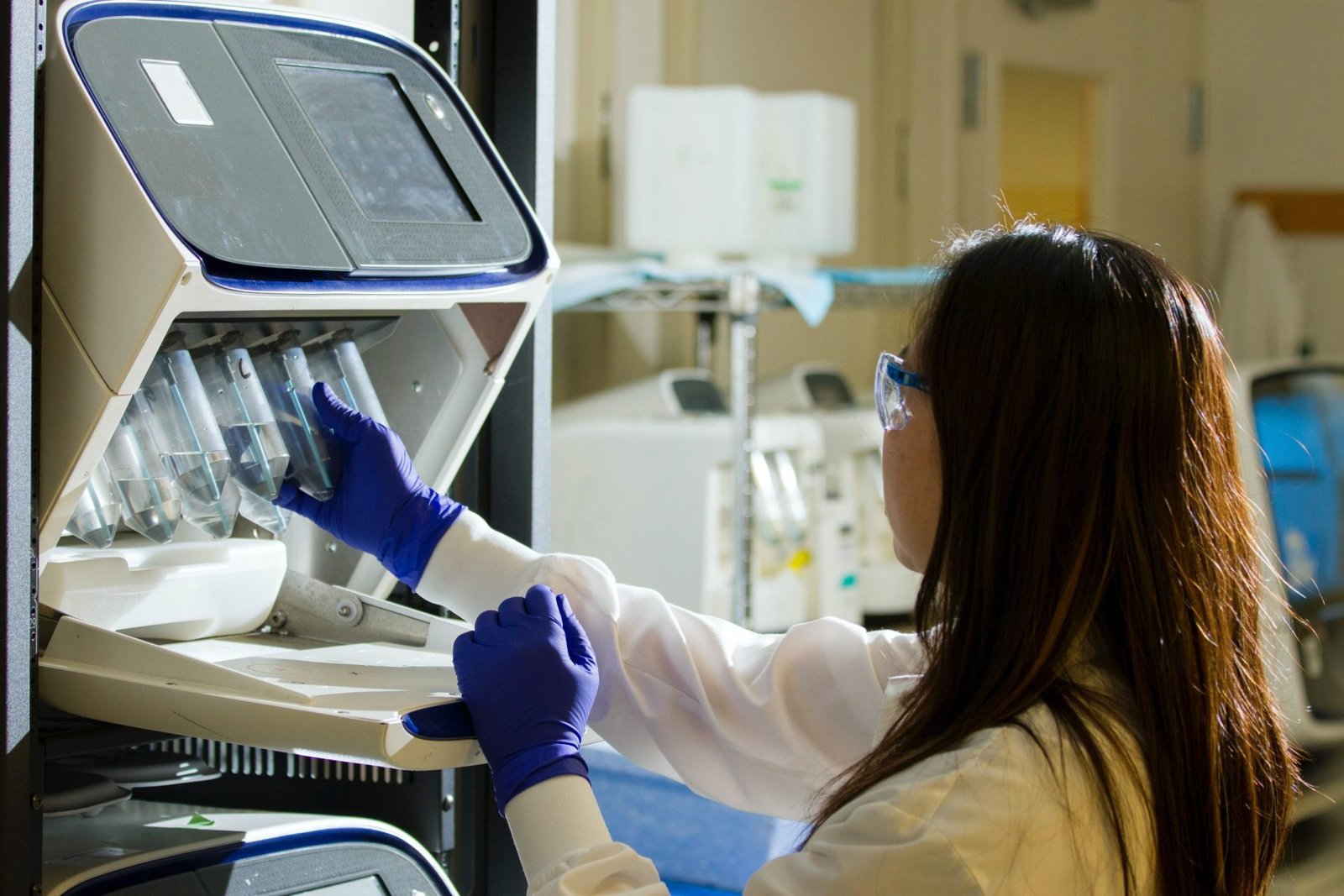As early as January 2021, the British Journal of Haematology reported a magical case in which a patient with Hodgkin’s lymphoma was infected with a novel coronavirus, and four months later, the tumor in his body turned magically almost disappeared. The researchers speculated that it may be that infection with the novel coronavirus triggered an anti-tumor immune response in patients, and the activated immune system successfully cleared cancer cells in the body.
Although this is only a special case, it also suggests that new coronavirus may have the potential to develop and transform into oncolytic virus.
Recently, researchers at Rush University Medical Center in the United States published a research paper entitled: Regression of Lung Cancer in Mice by Intranasal Administration of SARS-CoV-2 Spike S1 in Cancers Journal.
The study showed that the spike protein (S protein) of novel coronavirus (SARS-CoV-2) was able to cause apoptosis in lung cancer cells and inhibit tumor growth in a mouse model of lung cancer. This study suggests that the new coronavirus pandemic, which has plagued the world for three years, may lead to a new treatment for cancer.
We know that novel coronavirus invades human cells dependent on its spike protein (S protein) binding to the ACE2 protein on the surface of human cells, which plays a key role in regulating blood pressure and other cellular processes in humans.
Previous studies have shown increased ACE2 expression levels in cancer patients, including lung cancer, and altering ACE2 expression levels may help control lung cancer tumor growth. There have also been some previous case reports of lung cancer patients who have improved after infection with the new coronavirus, which also suggests that the new coronavirus may be an ally to fight cancer. Based on these findings, the team plans to further explore the use of novel coronavirus spike protein against lung cancer.
Lung cancer is second only to breast cancer in incidence worldwide, but it is the first leading cause of cancer death, with 1.8 million people dying of lung cancer each year worldwide, accounting for 18% of total cancer deaths. In this study, the team studied non-small cell lung cancer (NSCLC), the most refractory, deadly, and leading type of lung cancer. They used commercial spike proteins, which bind to human non-small cell lung cancer cells in culture dishes, to observe levels of proteins and other molecules related to cancer cell growth.
They found that spike protein induced apoptosis after binding to NSCLC cells. Specifically, spike proteins decreased levels of Bcl-2, which is required for cell survival, and increased Bcl-2–associated death promoting factor (BAD) levels. High levels of Bcl-2 and low levels of BAD, on the other hand, inhibit apoptosis in cancer cells.
Next, the team tested the therapeutic effect of spike protein in a mouse model of lung cancer, in which one group of lung cancer mice received nasal spray of spike protein in saline every other day and the other group of mice used saline as a placebo control.
Following four weeks of spike protein treatment, mice were euthanized and further tested. The team found that mice with lung cancer treated with spike protein had reduced tumor number and size and higher levels of tumor cell death compared with controls.
Kalipada Pahan, corresponding author of the paper, said that if the findings could be replicated in lung cancer patients, an encouraging new approach would be found for the treatment of lung cancer, that is, targeting lung cancer cells by intranasal spike protein administration.
It is reported that the research team is currently looking for partners to advance the clinical application of spike protein in human lung cancer patients. It should be pointed out that because most widely used new coronavirus vaccines target spike proteins, subsequent studies have to answer the question whether vaccination with these vaccines reduces the effect of spike protein use with cancer treatment.

Average Rating